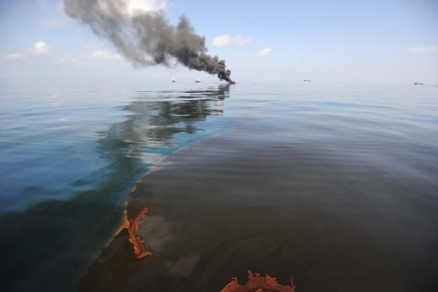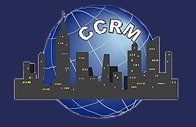Deepwater Horizon study group
The Deepwater Horizon Study Group (DHSG) was formed by members of the Center for Catastrophic Risk Management (CCRM) at the University of California at Berkeley in May 2010 in response to the Deepwater Horizon disaster. CCRM is a group of academic researchers and practitioners from diverse disciplines who attempt to share their knowledge of safety, organizational reliability and the mitigation of adverse human and natural events. CCRM researchers have expertise in engineering, law, the offshore petroleum industry, accident investigation, protection of sensitive environments, and in organizational management for dangerous environments.
- Deepwater Horizon Study Group Progress Report 3 - {Download
 }
}
December 2010
Based on currently available data and information, this report summarizes the major findings and conclusions developed by the DHSG since the second progress report was issued. These findings address 'going forward' challenges associated with the Macondo well blowout.
- DHSG Letter to the National Commission on the BP Deepwater Horizon Oil Spill and Offshore Drilling - {Download
 }
}
November 24, 2010
The Deepwater Horizon Study Group submits these comments on the Commission's preliminary technical and managerial conclusions presented on November 8 and 9, 2010. In light of these conclusions and our analyses related to the Deepwater Horizon explosion and fire during the past seven months, we provide specific recommendations to help ensure that future offshore drilling in "new frontier" areas will operate within acceptable levels of risks.
- Deepwater Horizon Study Group Progress Report 2 - {Download
 }
}
July 15, 2010
President Obama tasked the Graham-Reilly Commission with providing recommendations on how to prevent future spills and mitigate their impacts. The University of California, Berkeley (UCB) Deepwater Horizon Study Group (DHSG) has been asked to submit monthly reports of its findings to the Commission and to the public. This second progress report is a sequel to the May 24, 2010 report from UCB’s Center for Catastrophic Risk Management, Failures of the Deepwater Horizon Semi-Submersible Drilling Unit, and addresses both “looking back” and “looking forward” issues and recommendations to avoid future spills from deepwater offshore operations.
- After the Dust Settles - {Download
 }
}
Draft June 11, 2010
Working paper by Professor Karlene Roberts. "Technical problems are caused by people, organizations and systems of organizations operating together. This paper examines the people, organizational, and systems issues identified in a number of catastrophic accident investigations. We suggest that since there is similarity across incidents in the kinds of issues uncovered, they should be the first “people” issues examined in any investigation of the Gulf oil spill."
- Testimony of Professor Robert Bea: Failures of the Deepwater Horizon Semi-Submersible Drilling Unit - {Download
 }
}
Draft May 20, 2010
"Based on currently available information (provided by approximately 50 informants) and analyses of that information (400 hours) has provided the following preliminary insights into the failures of the Deepwater Horizon Drilling Unit on and after April 20, 2010."

